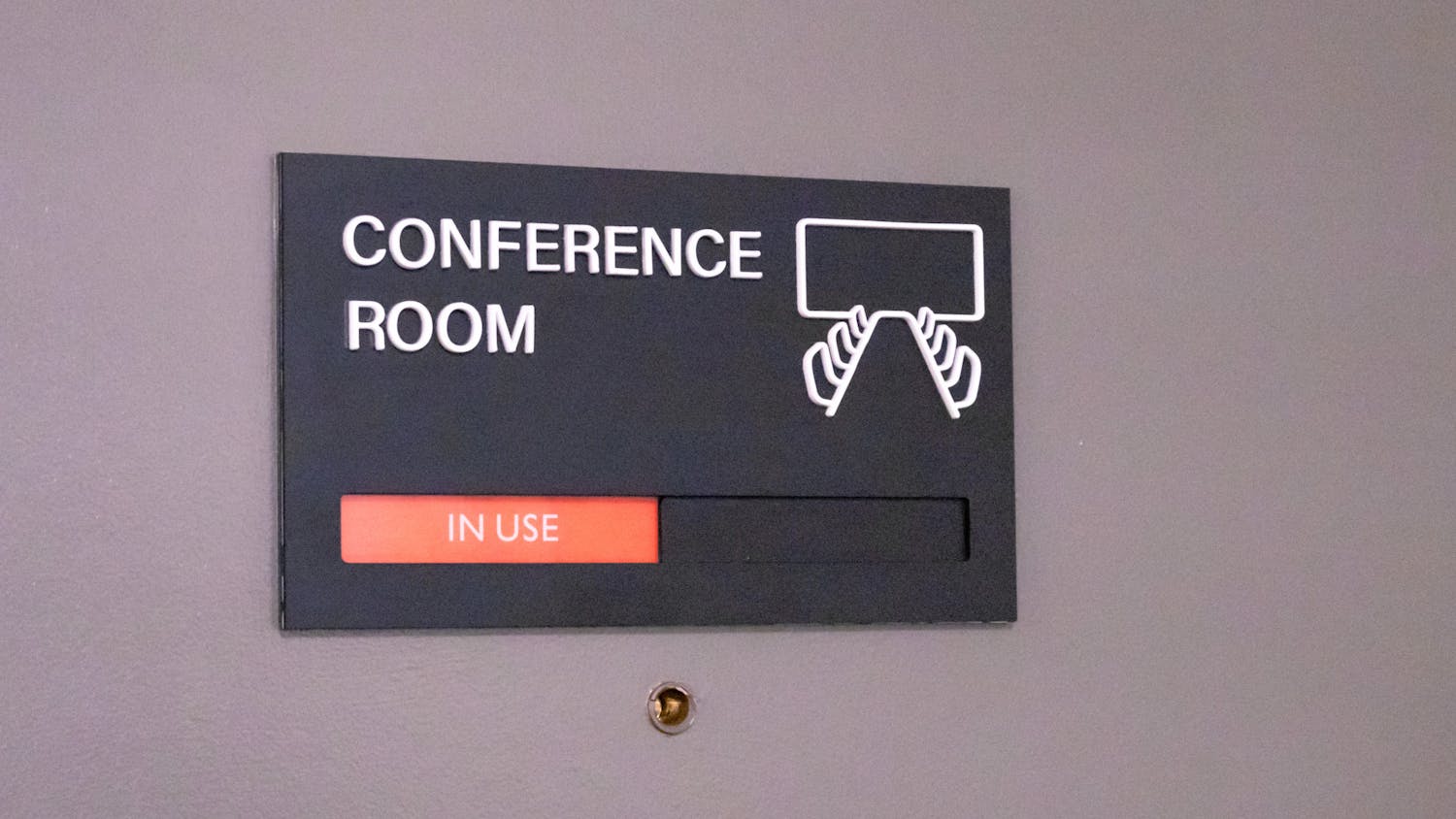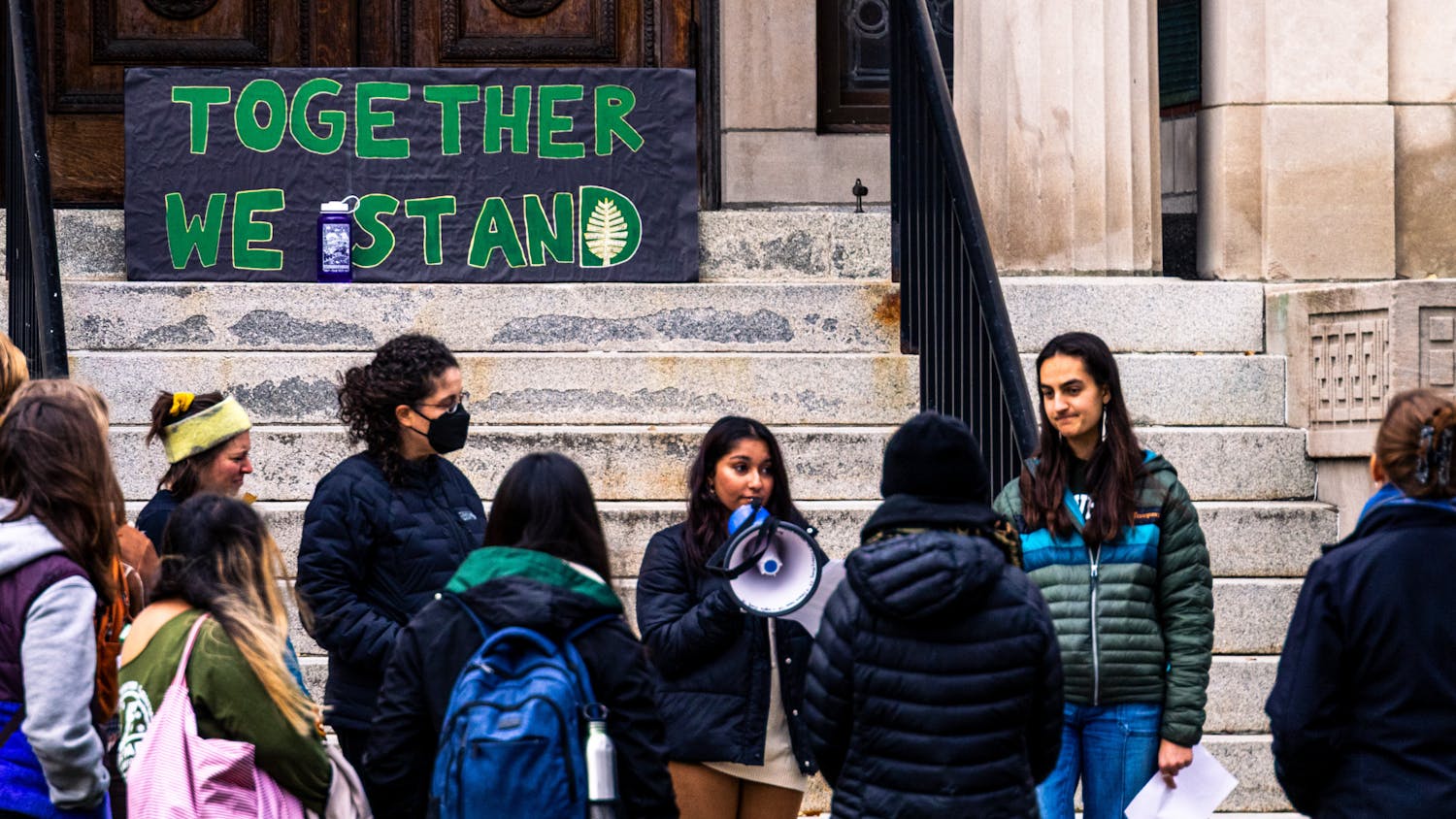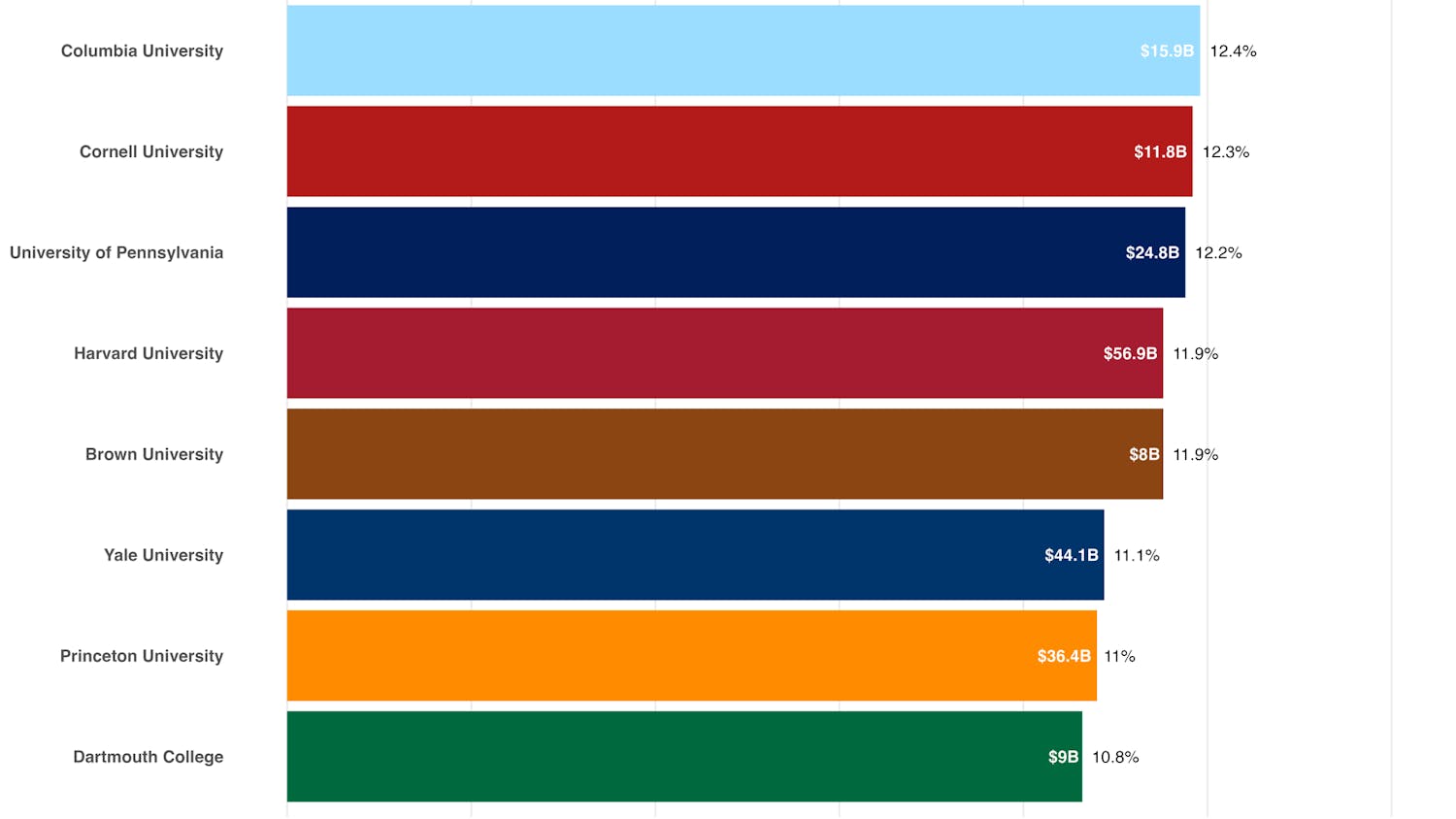In 1983, the Food and Drug Administration introduced a ban on blood donations from men who have had sex with other men since 1977. These men are 60 times more likely than the general population and 800 times more likely than other first-time blood donors to be HIV positive, according to the FDA's website.
The advent of nucleic acid testing for HIV, however, has "dramatically closed the gap in the window period" during which the virus remains undetected in the bloodstream, according to Carol Dembeck, corporate communications specialist for the American Red Cross in Burlington, Vt. Less than one blood donation in a million that is positive for HIV goes undetected because of the new blood screening procedures, according to the FDA's website.
Some members of the Dartmouth community object the ban, arguing that the regulation requires reconsideration in light of blood shortages across the country. The FDA last reviewed the policy on May 23, 2007.
The problem with the FDA policy is that it "targets a single specific group of people for a single specific sexual act," said Cody Lavender '10, a member of Gender Sexuality XYZ, a Lesbian, Gay, Bisexual, Transgender outreach group on campus.
"It's putting people in a certain category, saying gays have dirty blood," Lavender said. Prostitutes are another population that is banned from giving blood for life, he said.
Ben Solomon '10, a member of GSX, said that he understands the safety reasons behind the Red Cross' maintenance of the restriction but added that the prevalence of HIV infection among heterosexual women, especially African American females, has recently risen. Any restrictions placed on this demographic would automatically be rejected on the basis of prejudice, he said.
"The problem is they're looking at a classification of people instead of at risky behaviors," said Pam Misener, assistant dean of student life and an advisor to LGBT students. Both Lavender and Solomon agreed that the policy sheds a negative light on the gay community.
"Every time a blood drive comes around, it reminds the public that we've had a 20-year history of HIV," Lavender said.
Solomon also recounted a conversation about a blood drive that led him to unwillingly reveal his sexual orientation.
"It's a way to out people," he said.
Don Kassing, president of San Jose State University in California, banned all blood drives on that campus on Jan. 29, citing a violation of the college's nondiscrimination policy. The policy states that discrimination of any kind, including that based upon sexual orientation, is "strictly prohibited." SJSU is the first university to introduce such a policy.
The university implemented the suspension after Kassing spent several months reviewing FDA policy. Campus reaction has been "mixed," Lindsay Bryant, managing editor of The Spartan Daily, SJSU's student newspaper, said.
The policy may change in the future, Dembeck said. A few years ago, the FDA altered its previously lifelong ban on donations from cancer survivors, allowing patients whose final treatments were within the last five years to donate.
"The Red Cross is working really hard to fight this restriction," Amy Pudvar-Pecor, account executive for the American Red Cross, said.
Despite the FDA's restrictions on donation, the Red Cross blood drives on the Dartmouth campus every quarter are a success, Pudvar-Pecor said.
"Last year was one of the first times that we came in at goal on both days [of the drive]," she said.




